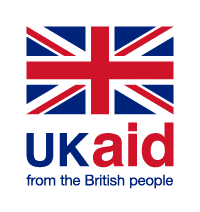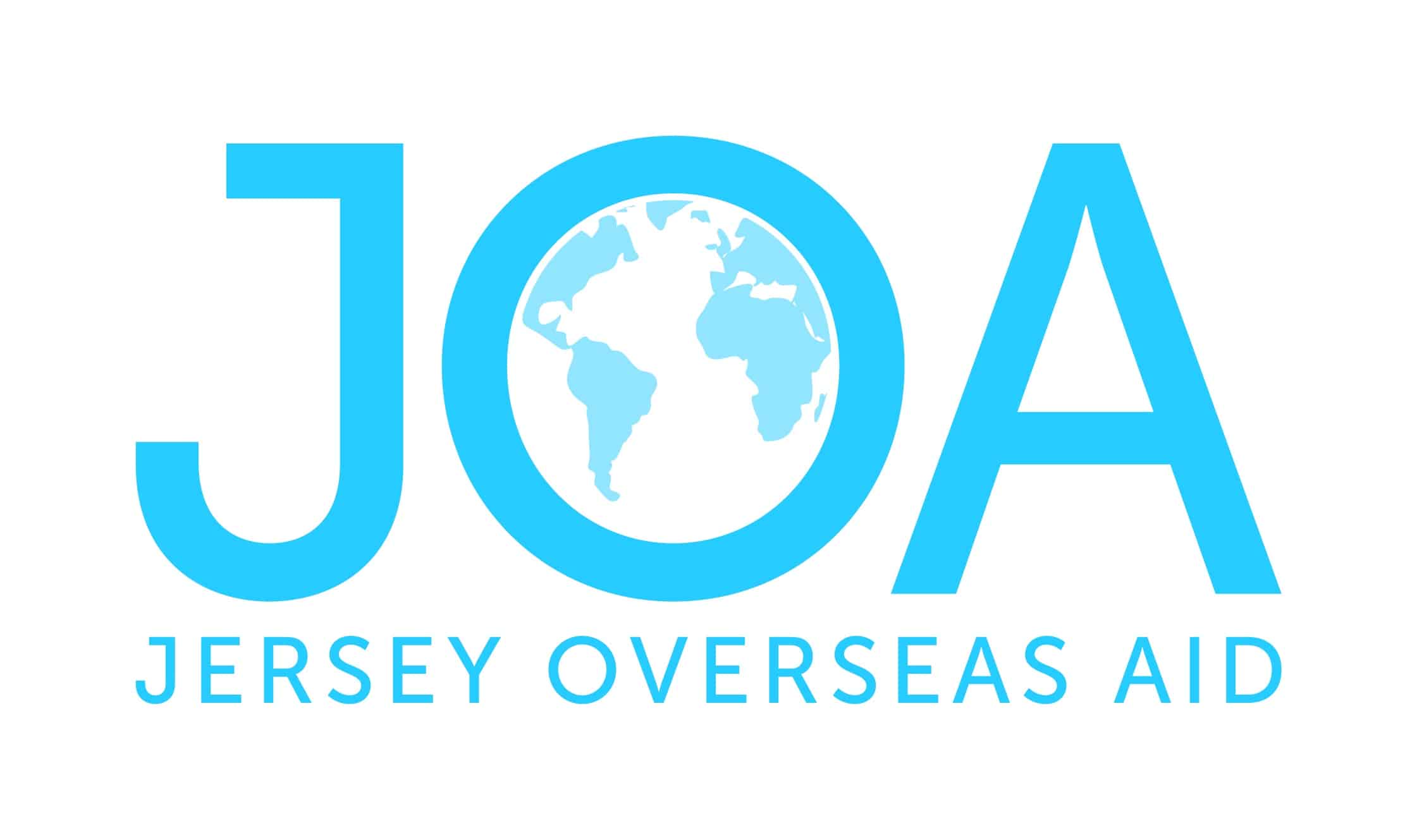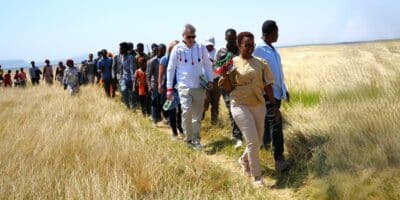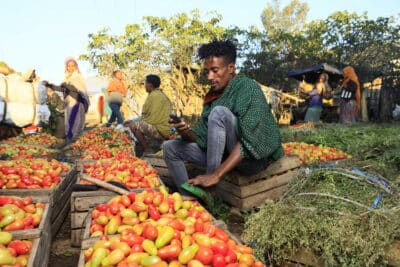News
Ethiopia
9 February 2022
Boosting nutrition and livelihoods through livestock
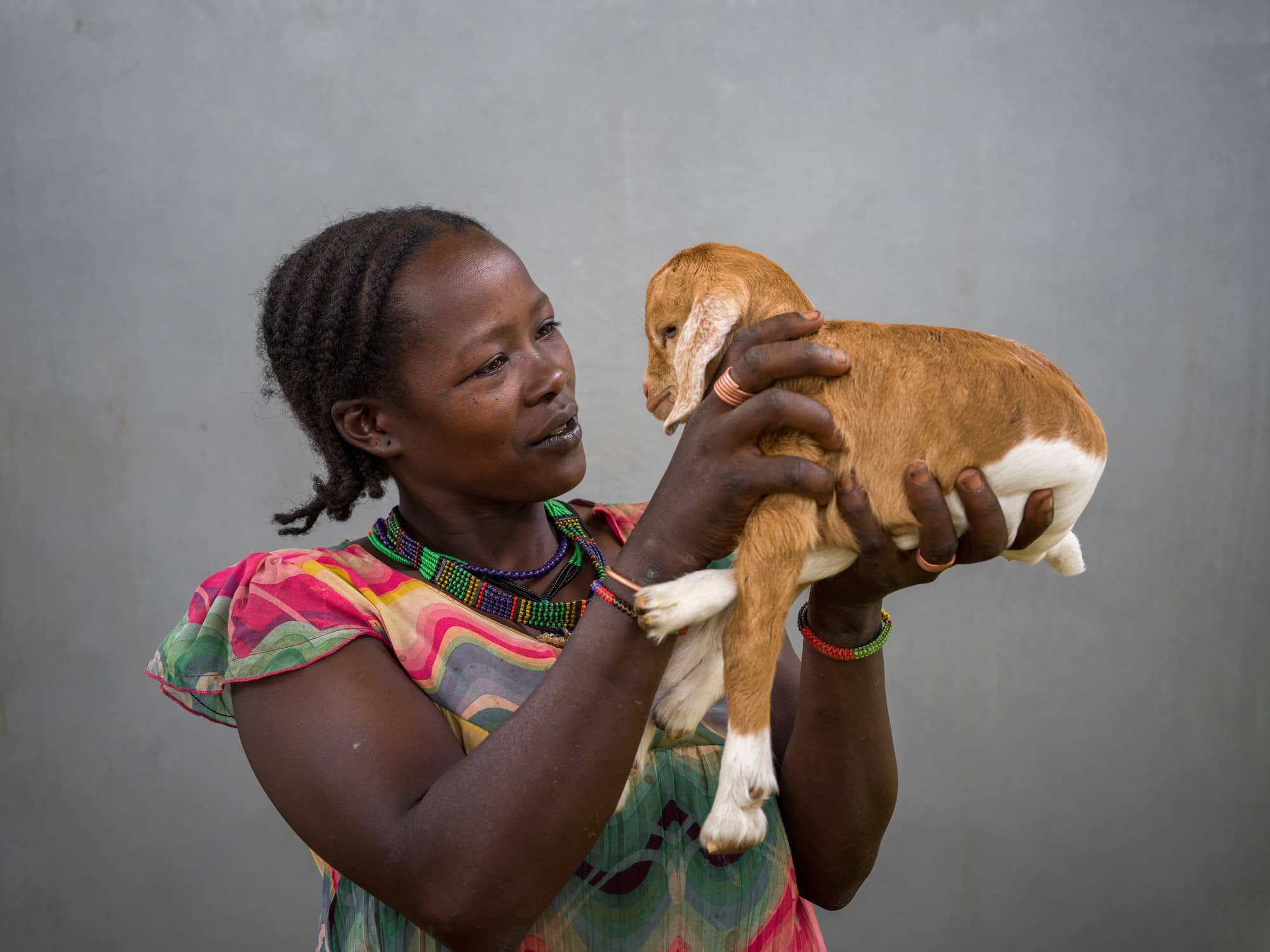
Photo: Chris de Bode / Panos Pictures for Farm Africa
New findings from Farm Africa reveal that women’s economic empowerment and higher household socio-economic status led to improved diets amongst pastoralist women and children in Karamoja, Uganda and South Omo, Ethiopia.
We also found that higher household incomes and women’s economic empowerment, as well as the size of land and goat herds owned, directly correlated with the adoption of good goat husbandry practices.
The findings were published in three new reports focused on Farm Africa‘s Livestock for Livelihoods goat rearing project, which helped over 10,000 pastoralist women in South Omo, Ethiopia and Karamoja, Uganda set up small-scale, sustainable goat-rearing enterprises.
- Impact of increased women’s incomes on nutrition highlights how Farm Africa improved 10,000 women’s access to credit facilities and incomes by adding value to livestock products and opening up improved opportunities for sales.
The average revenue for the women engaged in the project increased from US$9.07 in 2018 to US$46.33 in 2021 in Karamoja and from US$38.16 in 2018 to US$52.76 in 2021 in South Omo. The improvements in women’s incomes from goats and goat products were directly related to improvement in both children’s and women’s nutrition.
- Household socioeconomic status and women and children’s dietary diversity revealed that factors that improve dietary diversity in women and children included women’s economic empowerment, production of food crops and the size of livestock herds.
- Goat husbandry by pastoralist communities examined the factors affecting the adoption of good goat husbandry practices such as the provision of housing for goats, improved feeding practices, fodder production and using services from animal health workers. Thanks to training delivered by Farm Africa, the proportion of farmers practising good husbandry increased between the project’s start in 2018 and 2021.
Households who owned more land, those with smaller goat herds, women who were economically powered and households with higher incomes were all found to be better able to implement the improved husbandry practices.
The project, which ran from 2018 to July 2021, has helped increase the incomes and improve the nutrition of thousands of families across the two locations. This has been achieved by establishing Women’s Livestock Groups that rear goats and add value to goat products, running savings and loans associations that support business development, and helping 110 vets and community animal healthcare workers expand their services to local livestock keepers.
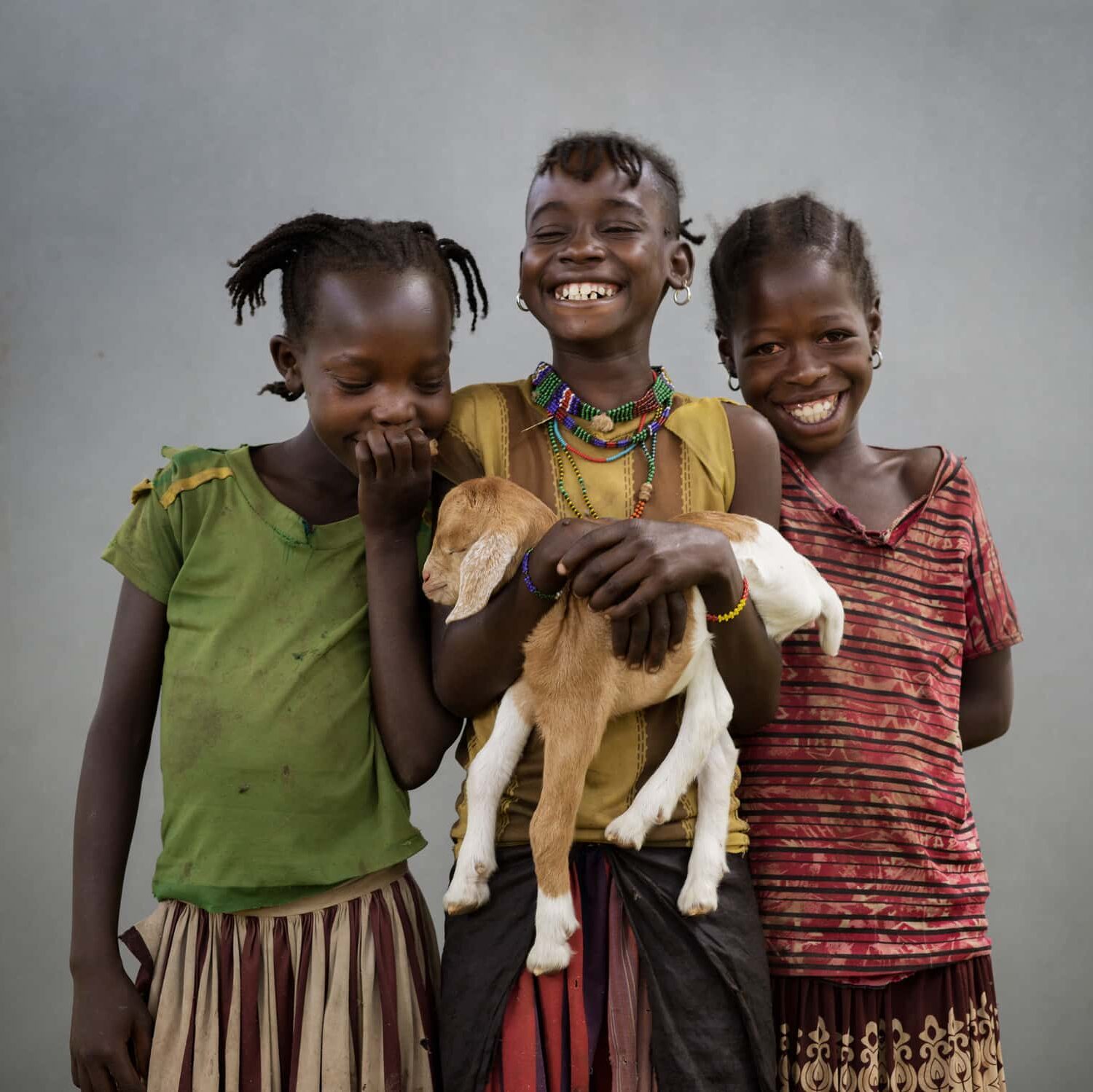
Photo: Chris de Bode / Panos Pictures for Farm Africa
The new learning booklets join a series of publications that have already been produced detailing different aspects of the project:
- Revolving goat scheme outlined how each woman who received does (female goats) was paired with another woman who needed them, to whom she passed goat kids on to, thereby creating a cycle of improved prosperity. A total of 10,350 women benefitted through the revolving goat fund, which strengthened the women’s economic status.
- Improved goat breeds covered how we supported communities to crossbreed local goats with exotic, high-yielding goat breeds to produce offspring that are faster growing, more efficient feed converters and that produce more milk and meat than the local goats. A total of 3,162 women in Uganda were trained in goat husbandry and management, and a further 4,350 women were trained in Ethiopia.
- The project created a network of Community Animal Health Workers (CAHWs) linked to agro-input dealers to enhance pastoralists’ access to quality animal health services. By April 2021, Farm Africa had engaged with a total of 155 CAHWs across the two countries with links to 400 women’s livestock groups.
- Women and children’s nutrition in Uganda revealed improvements in dietary scores for infants and women during the life cycle of the project, as well as an increase in knowledge on the importance of dietary diversity among the beneficiaries.
By economically empowering women, sharing knowledge and helping vets and animal health workers expand their operations to local livestock keepers, the Livestock for Livelihoods project has helped pastoralist households increase their incomes as well as improve their diets.
We carried out this work in partnership with the Africa Innovations Institute, an agriculture and food systems research institute, and the Mothers and Children Multisectoral Development Organisation, an NGO that works to improve the lives of disadvantaged mothers and children.
This project was funded with UK aid from the UK government and Jersey Overseas Aid, however the views expressed do not necessarily reflect their official policies.
Photos: Chris de Bode / Panos Pictures for Farm Africa.
